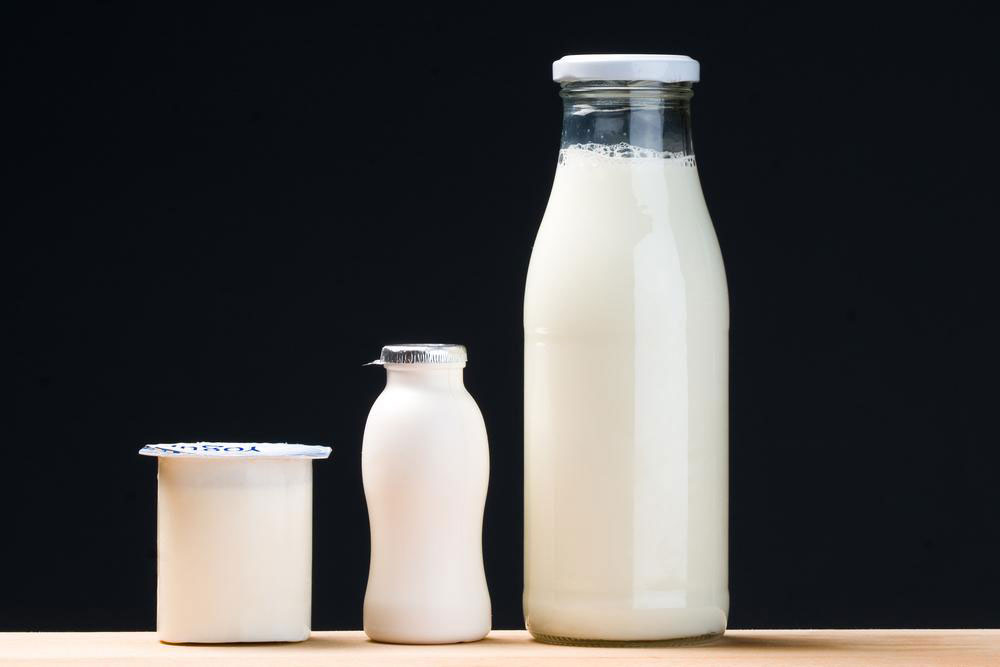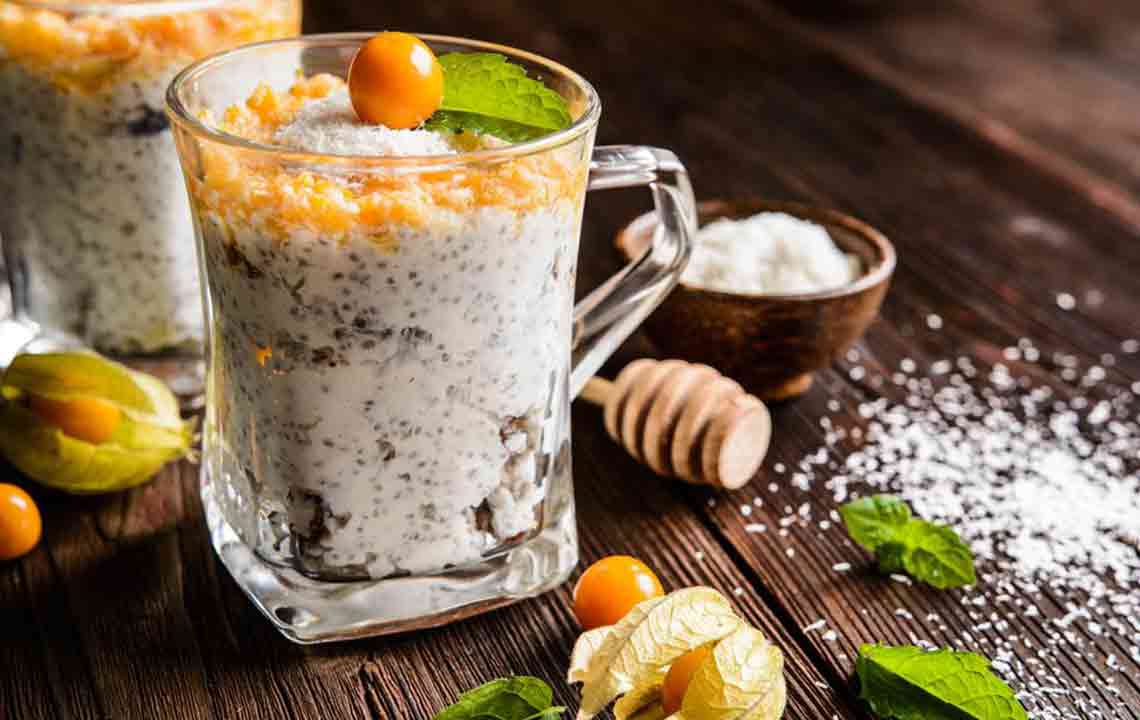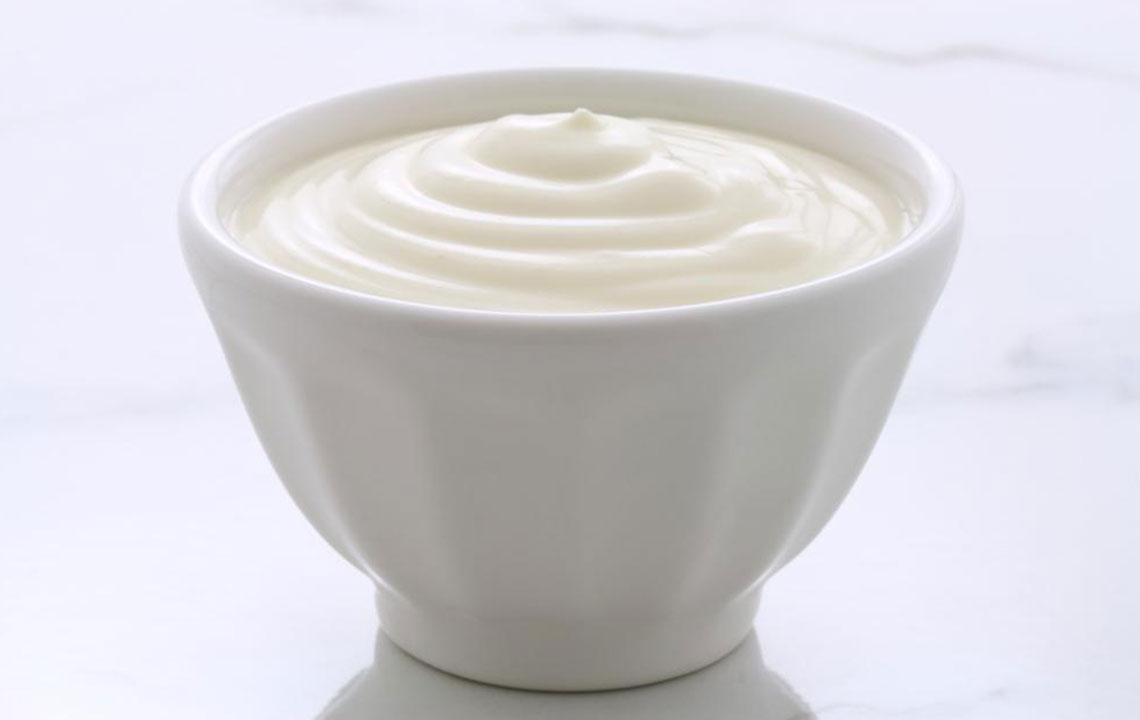Understanding Probiotics: Key Facts and Benefits
This article explores the importance of probiotics, including natural food sources like yogurt, kefir, and sauerkraut, as well as supplements. It details their benefits such as boosting immunity, improving digestion, and supporting mental health. The piece also discusses different probiotic strains and their specific roles in maintaining gut health and preventing various health issues. Ideal for those seeking to enhance their digestive and overall health through dietary choices, the article emphasizes consulting healthcare providers for personalized probiotic use.
Sponsored

Probiotics have gained widespread popularity for their role in supporting overall health. These beneficial bacteria are often recommended for digestive issues. They mimic the natural bacteria found in the human gut, including strains like lactobacillus and bifidobacteria, which reside in the intestinal lining.
The human gut hosts a diverse community of beneficial bacteria far exceeding the number of our body’s cells. These microbes aid digestion and bolster immune defenses against infections.
What Constitutes Probiotics?
They are foods containing bacterial strains similar to those naturally present in the gut. The FDA classifies probiotics as foods, not medications.
Foods Rich in Probiotics
When the gut’s healthy bacteria are depleted due to infection or poor diet, an excess of harmful bacteria can develop, leading to issues like weight gain, diarrhea, and constipation. Consuming probiotics helps re-establish balance.
Common natural sources of probiotics include:
Yogurt
Yogurt remains the top probiotic-rich food, beneficial for lactose intolerance and digestive health.
Other foods such as:
Fermented cheeses
Gouda cheese retains probiotics during digestion better than other cheeses.
Sourdough bread
Contains probiotics that promote digestion.
Sauerkraut
Unpasteurized sauerkraut preserves good bacteria.
Kefir
A fermented milk drink packed with beneficial bacteria and yeast.
Kimchi
A spicy Korean dish loaded with immune-boosting vitamins.
Miso Soup
Made from fermented soybean paste, rich in Vitamin B and antioxidants.
Sour pickles
Naturally fermented pickles without vinegar are high in probiotics.
Tempeh
Fermented soy protein that supports gut health and provides ample protein.
Probiotics are also available as supplements. Look for products labeled “Live and Active Cultures,” ensuring at least 100 million active microbes per gram in yogurt.
Probiotic Composition
Different bacterial strains offer unique health benefits. Consulting a healthcare provider is recommended for personalized choice.
Types of Probiotics
Common forms include:
Lactobacillus
Frequently found in yogurt and fermented foods, helps with lactose intolerance and diarrhea.
Bifidobacterium
Found in dairy, supports relief from irritable bowel syndrome and other digestive issues.
Saccharomyces boulardii
A beneficial yeast used to recover from gastrointestinal infections and diarrhea.
Benefits of Including Probiotics
Incorporating probiotics into your diet offers various advantages including:
Restoring gut flora balance
Promotes the growth of good bacteria, supporting overall health.
Alleviating diarrhea
Effective in reducing infection-related and antibiotic-associated diarrhea.
Mental health support
Emerging evidence links gut health with mental well-being, showing probiotics’ positive effects.
Cardiovascular health
Some probiotic strains help lower bad cholesterol levels.
Reducing allergies and eczema
Can lessen symptoms in infants and children.
Immune system enhancement
Boosts immune defenses and inhibits harmful bacteria growth.
Overall, probiotics aid in maintaining intestinal health and are useful in managing conditions like irritable bowel syndrome, inflammatory bowel disease, infections, urinary health, and allergies.






